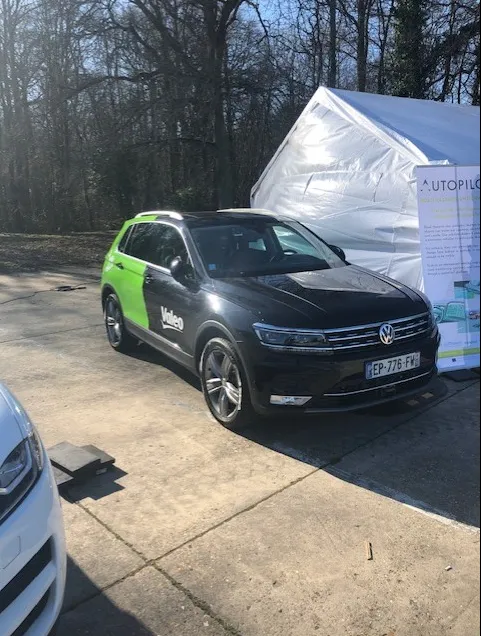
Smart city and Internet of Things (IoT) specialist Urbiotica has acquired the rights to the Fastprk parking management product range from its developer, Worldsensing.
Both Barcelona-based companies were founded in 2008 and develop vertical IoT solutions for the public and private sectors.
Fastprk products, which were launched in 2012 and now used worldwide, detect vehicles in outdoor parking spaces by using a dual-detection sensor which sends data to the cloud through an IoT radio protocol called LoRa.
Urbiotica says that it has recently been focusing on extending its smart parking product and solution portfolio.
The acquisition mirrors ongoing market consolidation within the smart parking sector, explained Josep Maria Torras, chief executive of Urbiotica.
“It provides us with direct access to new customer segments within the US and Poland where Fastprk already has a strong footprint,” he said.
Urbiotica has 50,000 parking sensors in 200 parking projects across 45 countries.
Its sensing technology enables cities and private operators to connect third party application programming interfaces and subsystems.
This can optimise services and set up new approaches to improve their parking operations such as occupancy scanning and fraud management.
Letting go of its parking management product line enables Worldsensing to focus on its infrastructure monitoring technology Loadsensing, which is the company’s core business, said Ignasi Vilajosana, chief executive of Worldsensing.
The company has more than 100 employees and also operates in London, Los Angeles and Singapore.










